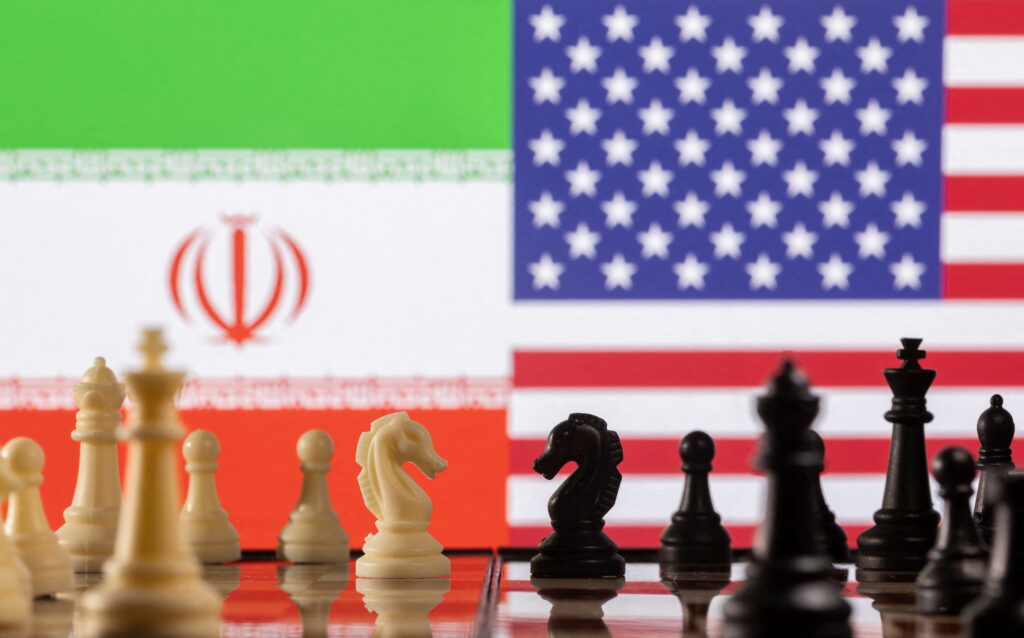Tensions between Iran and the West are escalating once again as the United States and the European Union deliberate on implementing new sanctions aimed at curbing Tehran’s nuclear ambitions. The discussions come amid growing concerns that Iran is advancing its nuclear program beyond the limits outlined in the 2015 Joint Comprehensive Plan of Action (JCPOA), which it has largely abandoned since 2019.
Renewed Nuclear Concerns
Recent reports from the International Atomic Energy Agency (IAEA) indicate that Iran has enriched uranium to levels just below weapons-grade, raising alarms about its potential to develop nuclear weapons. Tehran has consistently maintained that its nuclear program is for peaceful purposes, but Western powers remain skeptical.
The renewed push for sanctions follows stalled diplomatic efforts to revive the JCPOA. The Biden administration had prioritized re-entering the deal, which was abandoned by the U.S. under former President Donald Trump in 2018. However, talks have made little progress, with both sides accusing the other of making unreasonable demands.
Proposed Sanctions
The proposed measures reportedly focus on restricting Iran’s access to financial markets and targeting sectors crucial to its nuclear program, including technology imports and energy exports. European officials have suggested coordinated sanctions that would involve freezing assets of key individuals and organizations linked to Iran’s nuclear development.
“We cannot allow Iran to develop nuclear weapons,” said a senior EU official, speaking on the condition of anonymity. “The international community must act decisively to ensure compliance with global non-proliferation standards.”
Iran’s Response
Tehran has reacted strongly to the prospect of new sanctions, accusing the West of engaging in “hypocrisy” and “economic terrorism.” Iranian officials argue that the U.S. and EU are undermining regional stability by escalating tensions.
“Sanctions are not a solution. They only serve to harm the Iranian people and hinder constructive dialogue,” said an Iranian government spokesperson. “We remain open to negotiations but will not bow to coercive measures.”
Geopolitical Implications
The sanctions debate comes at a time when Iran’s regional influence is also under scrutiny. Its support for militant groups in the Middle East, including Hezbollah and Houthi rebels, has exacerbated tensions with Gulf states and Israel. Any new sanctions are likely to impact Iran’s ability to fund these activities, further straining its relationships in the region.
Meanwhile, China and Russia have signaled opposition to new sanctions, complicating efforts to build a unified international response. Both countries have continued to engage with Iran economically and diplomatically, undermining Western pressure campaigns.
Public Opinion and Expert Analysis
Public opinion in the U.S. and EU is divided. While some argue that stricter sanctions are necessary to prevent a nuclear-armed Iran, others caution that such measures could backfire, pushing Iran further away from negotiations.
Experts are also divided. “Sanctions have a track record of compelling states to change behavior,” said Mark Wallace, a non-proliferation expert. “But they must be part of a broader strategy that includes diplomatic incentives.”
On the other hand, Trita Parsi, an advocate for U.S.-Iran diplomacy, warned that sanctions could “escalate into a cycle of retaliation, making a peaceful resolution even harder to achieve.”
Looking Ahead
As discussions between the U.S. and EU continue, the stakes remain high. Any new sanctions would need to strike a balance between pressuring Iran and keeping the door open for diplomatic engagement. With Iran’s nuclear advancements accelerating, the international community faces a critical juncture in addressing one of the most pressing security challenges of our time.

